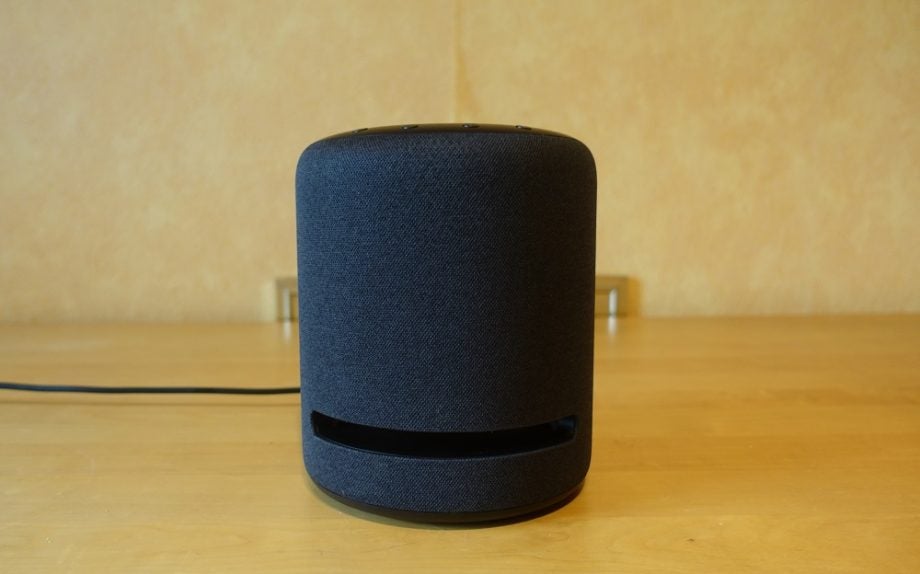Smart speakers can detect abnormal heart rates, study finds

Smart speakers like the Amazon Echo and Nest Hub could be used to detect abnormal heart rhythms, according to new a new study.
Researchers from the University of Washington have developed an AI-powered system that can enable smart speakers to accurately carry out measurements usually undertaken by professional medical devices.
The researchers describe a system that uses sonar technology to detect vibrations from chest wall movements that are close to a standard smart speaker. The study used a developer version of a low-powered Echo speaker and was able to pick up the vibrations of people within two feet of the speaker. The researchers said newer, more able speakers could enable tests to be conducted from farther away. According to the researchers, the tech could be used for future telephone appointments with doctors.
Related: Best smart speaker
Currently, many wearable devices, have added the ability to detect heart arrhythmia and even conditions like A-Fib. The Apple Watch, for example, was the first consumer device to have a medically approved electrocardiogram. This could negate the need for a wearable device, or any contact at all, if the technology comes to fruition.
“We have Google and Alexa in our homes all around us. We predominantly use them to wake us up in the morning or play music,” said the report’s co-author Shyam Gollakota, a UW computer science professor. “The question we’ve been asking is, can we use the smart speaker for something more useful.”
The researchers also explained how the study worked: “The smart speaker emits inaudible 18–22 kHz sound and receives echoes reflected from the human body that encode sub-mm displacements due to heart beats.”
The researchers added: “Compared to electrocardiogram (ECG) data, our system computed R-R intervals for healthy participants with a median error of 28 ms over 12,280 heart beats and a correlation coefficient of 0.929. For hospitalised cardiac patients, the median error was 30 ms over 5639 heart beats with a correlation coefficient of 0.901.”


